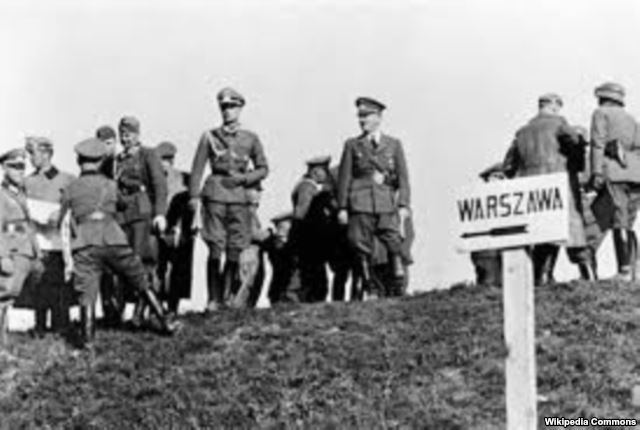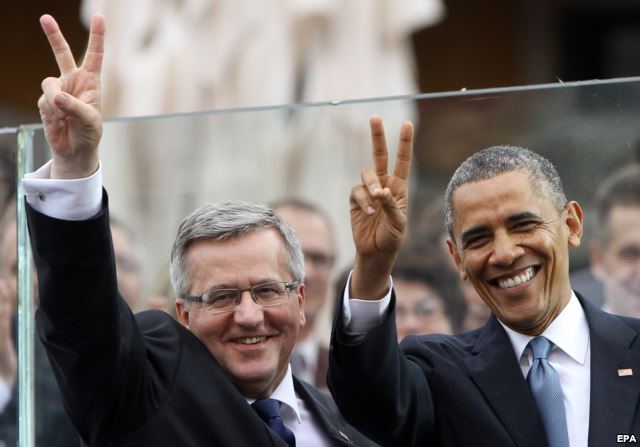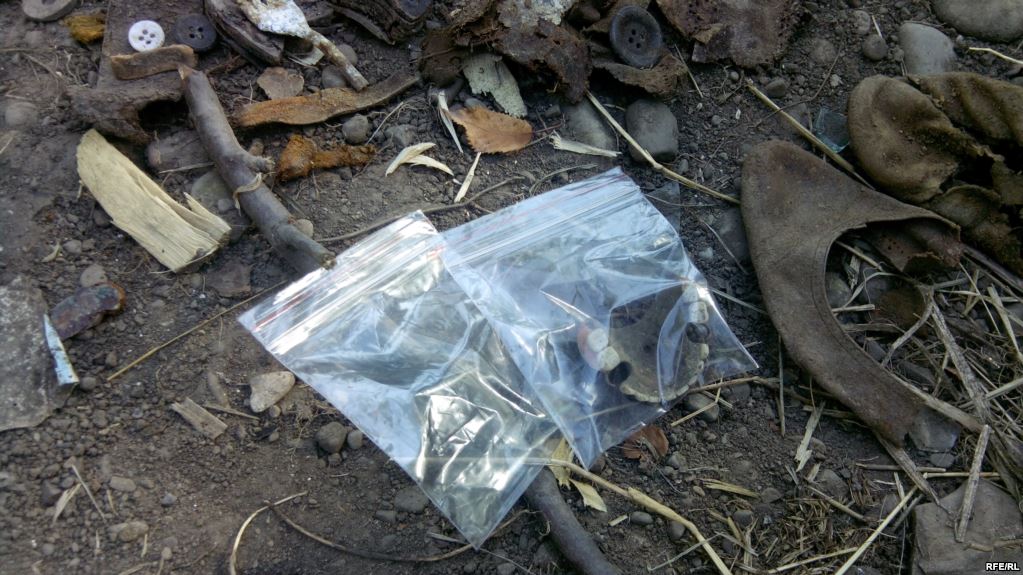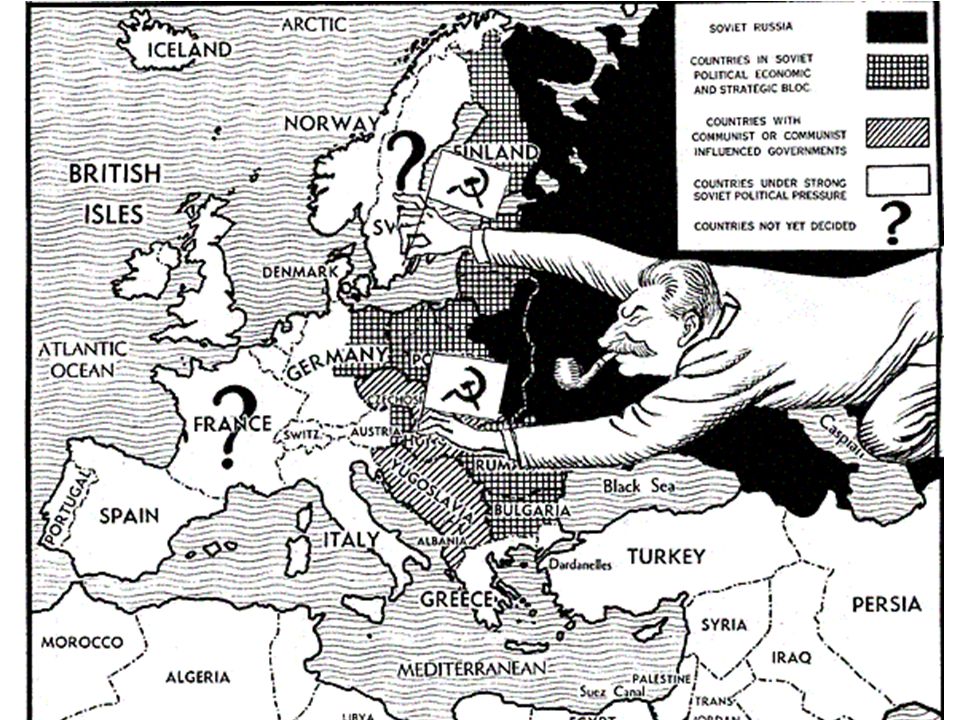Poland recalls the 75-year old war while watching a new war in a neighboring country.
The 75th anniversary of Germany's invasion of Poland on September 1, 1939 that marked the start of WWII is shadowed by the events in Ukraine.
Recently I visited Westerplatte, a peninsula near Gdansk - a special place for Poland and the whole world. I was surprised by the great number of tourists visting this place - the memory of the 75-year old events in Poland lives on. On September 1 each year at 4.35 AM - the moment the German battleship Shlezwig-Golstein opened fire on the peninsula - memorial events start at Westerplatte. Throughout Poland hundreds of conferences, meetings and discussions are planned.
Historical information. The Geman invasion of Poland on September 1 1939 came as a result of a several month-long political crisis, during which the Nazi "Third Reich" made to its eastern neighbor a number of demands concerning changing Poland's borders and foreign policy. Warsaw denied the demands and in early 1939 the United Kingdom and France guaranteed Polish security in case of an attack by Germany.
German troops during the Polish campaign of 1939.
In August 1939, after the failure of the talks of a military alliance between the Western powers and the USSR, Moscow and Berlin signed a non-agression pact ("Molotov-Ribbentrop pact"), the secret protocols to which provided for division of Poland between Germany and the USSR and creating sphere of influence of both the totalitatian states in eastern Europe.
After a provocation in a then-border town of Gleiwitz (Gliwice) where the Germans fabricated an attack of Polish soldiers on a local radio station, Germany started the military campaign against Poland. Despite the courageous resistance of Polish troops, often, in particular at the Westerplatte peninsula, heroically fighting overwhelming enemy forces, by mid-September the war was all but decided. Polish historians call it Wojna Obronna – "Defensive war".
On September 17th
the Russian Red Army, implementing the secret agreement with Germany, entered then-eastern regions of Poland (now - western regions of Ukraine and Belarus). At the same time the Polish government with the remnants of their troops escaped to Romania and was interned their. Individual Polish units continued resistance until early October. The German and Soviet troops set a demarcation line through the territory of occupied Poland and even held a joint parade in Brest.
However, the current events in Ukraine led to more and more talks in Poland about a possible new war that might reach Polish borders. The Polish President Bronisław Komorowski wrote on Friday in his article in Rzeczpospolita of a need to strengthen NATO and a more detailed look into the possibility of implementing articles 4 and 5 of the Washington Treaty. This part of the document, also called "one for all and all for one" provides that aggression against a NATO member means an attack on the whole Alliance. "We cannot be as short-sighted as the democracies on the eve of WWII" - Komorowski noted.
Not long ago the President also announced that Poland would increase military spending: "Speaking of our contribution to the defense budget and also to give an example to other NATO countries I will recommend the Cabinet and the Parliament to increase military spending to 2% of GDP. Some of our neighbors are actually seriously increasing military spending. As our economy continues to improve, this percentage means serious support for the Polish military becoming an increasingly important component of NATO."
Polish President Bronislaw Komorowski with American President Barak Obama.
On the eve of the 75th anniversary of the Second World War Ukraine keeps leading the Polish media. The opposition accuses the state of insufficient activity in Ukraine, in the fact that Poland, as opposition politicians believe, has been crossed out of the list of countries having a voice in Ukrainian affairs, which is indicated by the absence of Polish representatives at the recent summit in Minsk. However, on Thursday Warsaw welcomed the Foreign minister of Belarus Uladzimir Makei, which would be hard to imagine several months ago.
"Poland can't consent to another escalation of aggression in Ukraine. We are seeing a violation of international law. We are disappointed that his escalation is happening almost immediately after the meeting in Minsk we had certain hopes for" - Radoslaw Sikorski, Foreign minister of Poland, said after the meeting with his colleague from Belarus.
Maciej Korkuts, a histrotian of the Polish Institute of National Remembrance believes that in the current situation the whole Europe, not just the countries closest to Ukraine, should think about what's happening at the EU borders:
"Has all Europe, not just Germany, learned their lessons in 1939? Has, say, France, which essentially did not fulfil its ally obligations, learned its lesson? NATO's Article 5 on ally aid is worded significantly less strongly then France's and UK's obligations towards Poland in 1939. Historical parallels dictate that the French should view the events in Ukraine as a threat to them as well, although France is far from the scene of events. Other European countries should view it the same way, which goes without saying for Poland," Korkuts said.
Source: Radio Svoboda
Translated by Kirill Mikhailov







